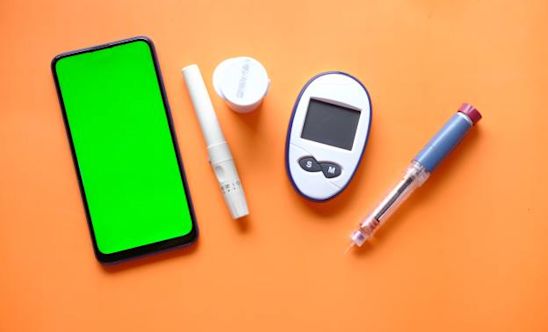Biomarker research
Headlining at AAIC: recommendations for using blood-based biomarker tests in Alzheimer's disease
08/09/2022

The annual Alzheimer's Association International Conference (AAIC) is a highlight of the research calendar, bringing together experts from around the globe to discuss the latest advances towards improved dementia diagnostics, treatment, prevention and care. A headline from the 2022 meeting addressed a core area for EPND: blood-based biomarkers for Alzheimer's disease, and their appropriate use in clinical practice and trials.
In Alzheimer's disease, brain imaging scans and cerebrospinal fluid tests which measure the amyloid biomarker form part of the diagnostic pathway in several countries. While these are gold standard tests for Alzheimer's disease, blood tests have the distinct advantage of being easy to administer, without the need for invasive lumbar puncture procedures or costly PET scans. Research on blood-based biomarkers for Alzheimer's disease has made huge advances over the last decade, and the use of these tools in the clinic may be just around the corner.
At AAIC, the Alzheimer's Association Global Workgroup launched their recommendations for the appropriate use of blood-based biomarkers in clinical practice and trials. Published in parallel in the Alzheimer's and Dementia journal, the recommendations are co-authored by EPND partners Charlotte Teunissen and Henrik Zetterberg, international experts in biomarker development, validation and implementation.
An estimated 25-30% of patients with a clinical diagnosis of Alzheimer's dementia may have been misdiagnosed, in part due to the lack of widely-available and highly accurate tests. Citing the need for improved and more accessible diagnostics and prognostics, the authors explained that blood-based biomarkers may be a feasible, cost-effective and accessible option for use in primary care. However, they caution that most studies of blood-based biomarkers in Alzheimer's disease have been performed in research studies, which do not always capture the diversity present in wider society.
As a result, the Workgroup calls for more studies on blood-based biomarkers in diverse primary care populations prior to implementation in this setting, explaining that care must be taken to avoid doing more harm than good. Workgroup priorities for further research span technical biomarker developments to work on implementation, interpretation and communication of test results.
In particular, more large-scale research on biomarkers is needed; Charlotte Teunissen, senior author of the article, states “The implementation of blood-based biomarkers in primary care will likely take a much longer time because there are very few relevant and high-quality research studies on Alzheimer’s-related biomarkers conducted in this setting - but more prospective studies are expected to launch in the coming years.”.
Although blood-based biomarkers are not yet ready for use in primary care, the Workgroup recommend their use in clinical trial recruitment and screening. Here, they could help identify participants with Alzheimer's disease pathological changes who could benefit from the disease-modifying therapies being trialled. As a starting point towards implementing blood-based biomarkers in clinical practice, they recommend using them as part of the diagnostic progress in specialised memory clinics, alongside established methods such as brain imaging scans and cerebrospinal fluid tests.
Congratulations to the authors!
View PDF